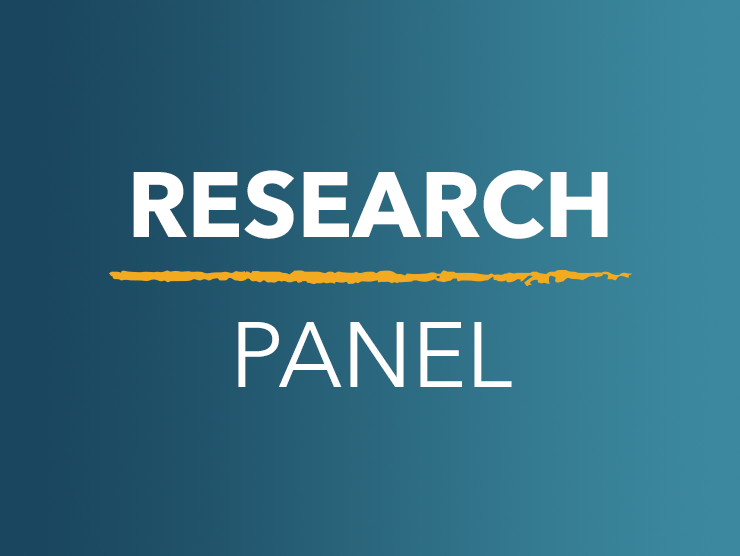You've probably heard by now that there are about 100 companies celebrating some big news this month. The FORTUNE list just came out naming this year's "Best Companies to Work For" winners.
Getting on the "Best Companies to Work For" list isn't the end game ; it's a part of the strategy. A big part. Because making the list is largely determined by what employees have to say. And when employees say good things, it means they're happy. And when they're happy, they're doing a good job. And when they're doing a good job, it's good for business. That's the strategy.
So the question is!where do you start?
In some populations we find that short-term budgets are the most acute issues. In other places, the day-to-day and month-to-month management is okay, but long-term planning is a challenge. Financial worries are a big part of employee well-being, and so a big part of performance. And the good news is, educational programs in this area are an inexpensive and effective fix. In fact, as a result of understanding the specific financial challenges employees face at Bright Horizons, we devised and implemented a program called "Save Smart" which resulted in significant improvement in financial well-being for the employees who participated.
Know Your People
Annual employee satisfaction surveys are a staple at many organizations. Most of these surveys seek to gain an understanding of how the organization is doing as an employer. Questions like "Would you recommend Acme as a good place to work?" and "How effective is communication from senior leadership?" are typical and important measures. But from our consulting practice, we know the reality is that there are factors outside of work that affect employees' ability to do their jobs far more than most factors in work. So those surveys need to ask people not only how we, their employers, are doing, but how they, as whole people, are doing as well. In fact, employers who don't ask those questions are missing an enormous opportunity.What You Really Need To Know
The truth is, any number of personal worries can weigh people down during the workday. My clients often learn that management of personal finances is a big issue for employees. Many employees don't have the skills to manage household budgets or the confidence in their ability to plan for long-term expenditures like college for their children and retirement. Asking about finances doesn't have to be intrusive, nor does it have to open the organization up for clamoring about pay. Instead, ask about respondents' confidence levels in managing various aspects of their finances.In some populations we find that short-term budgets are the most acute issues. In other places, the day-to-day and month-to-month management is okay, but long-term planning is a challenge. Financial worries are a big part of employee well-being, and so a big part of performance. And the good news is, educational programs in this area are an inexpensive and effective fix. In fact, as a result of understanding the specific financial challenges employees face at Bright Horizons, we devised and implemented a program called "Save Smart" which resulted in significant improvement in financial well-being for the employees who participated.





